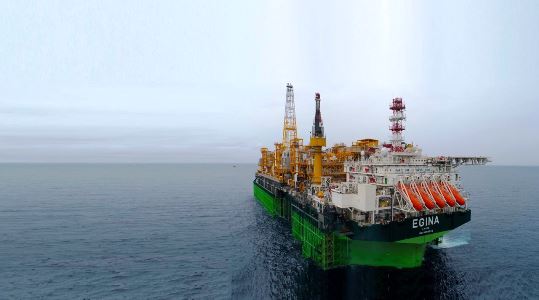In the continued gale of exit by Nigeria-based multinationals, ASHENEWS reports that the French oil major, TotalEnergies has announced plans to sell its minority stake in a major oil joint venture, and finally exit the country.
TotalEnergies it would divest its share of Shell Petroleum Development Company of Nigeria Limited (SPDC), and reshape its portfolio since producing oil in the Niger Delta is not in line with its health, security and environmental policies.
“We want to divest our share of SPDC, and we are looking to reshape the portfolio.
“Fundamentally it’s because producing this oil in the Niger Delta is not in line with our (Health, Security and Environmental) policies, it’s a real difficulty,” Patrick Pouyanne, TotalEnergies chief executive officer was quoted by Reuters as saying at the company’s annual results presentation on Wednesday.
Mr Pouyanne noted that the company would keep its Nigerian gas resources, which he described as crucial for the company’s planned expansion of liquefied natural gas development in the coming years.
The company had in December 2023 said it would invest as much as $6 billion in Nigeria in coming years, particularly in gas production, as it plans to cut down investment in hydrocarbons and transition into cleaner energy.
TotalEnergies is a multinational energy company operating in more than 130 countries. For over 50 years, the company has remained a leader in the downstream sector of the Nigerian oil and gas industry.
In May 2022, the company launched a sale of its minority stake in a Nigerian oil joint venture.
The company said it was selling its interest in 13 onshore fields and 3 in shallow water, producing over 20,000 barrels of oil equivalent per day.
The sale includes infrastructure such as 3,500 km of pipelines connecting to two key crude export terminals, Bonny and Forcados.
TotalEnergies is the latest multinational to give up its onshore assets for deep-water fields.
In January, the Nigerian unit of London-based oil supermajor Shell Plc announced it struck a deal with a consortium of five companies, setting the scene for the latter to acquire its onshore business in the country.
The deal was sealed after years-long setbacks met by the company in its efforts to rid itself of the assets.


